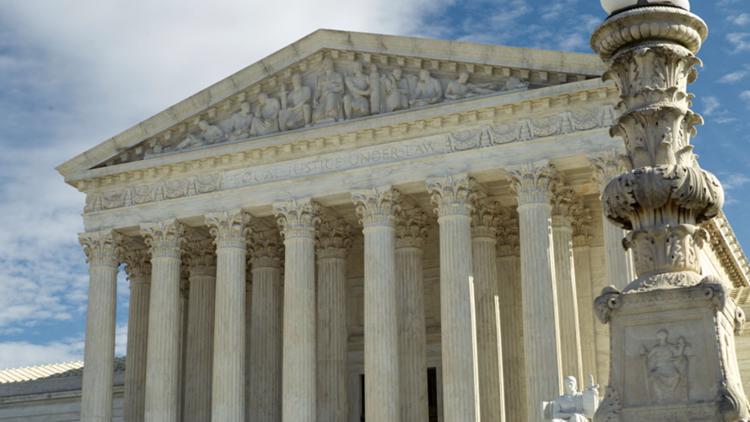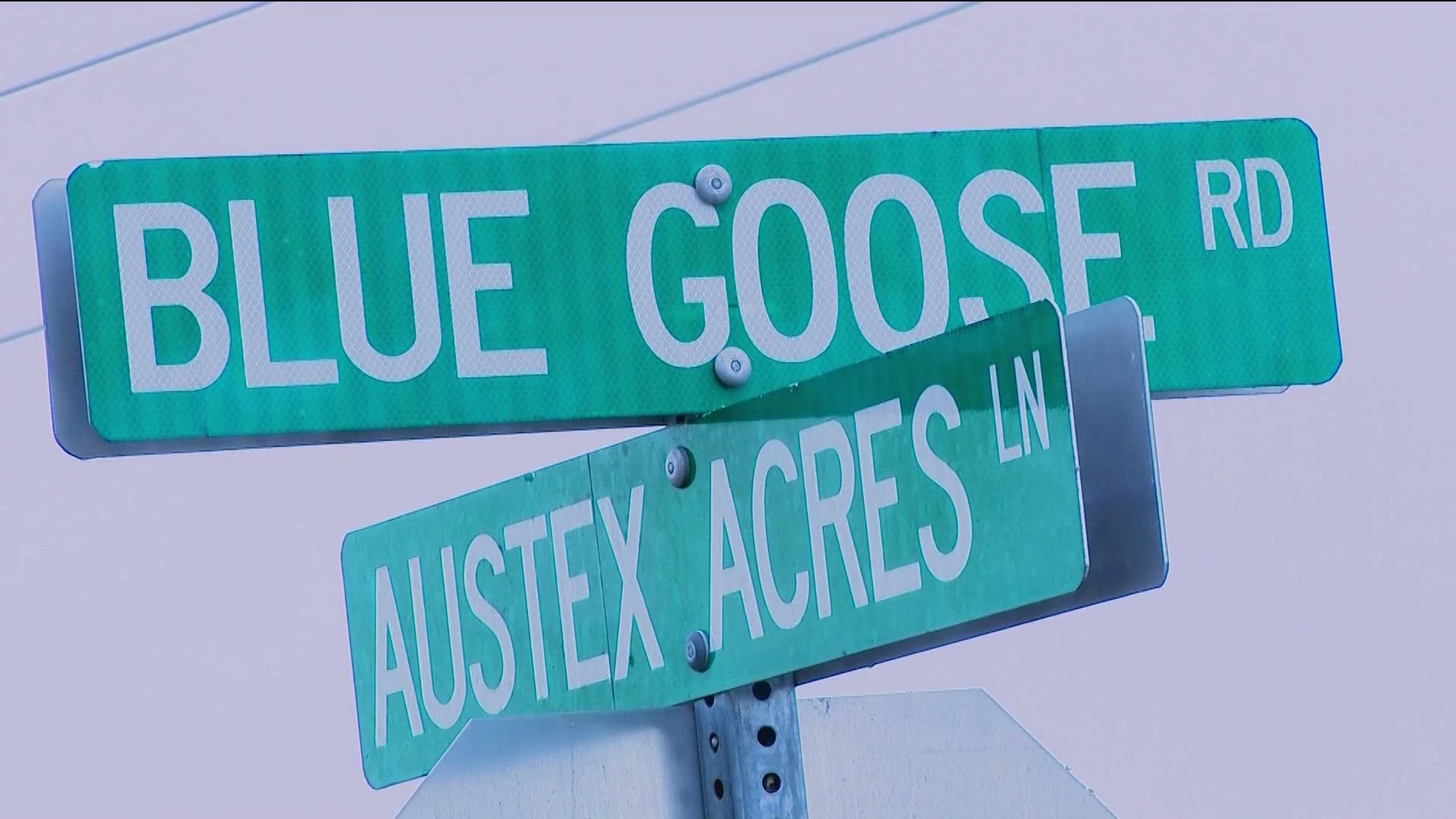AUSTIN, Texas — A case surrounding the City of Austin's billboards ordinance will be heard before the U.S. Supreme Court.
The court will look at City of Austin, Texas v. Reagan National Advertising of Texas Inc. starting in October 2021. Austin's ordinance allows businesses to use digital billboards on-premises, but the use of digital billboards off-premises is prohibited. According to the court documents, the distinction between on-premise and off-premise is "a sign 'advertising a business, person, activity, goods, products or services not located on the site installed, or that directs persons to any location not on that site.'”
In this particular case, Reagan National Advertising of Texas Inc. applied for permits to digitize 84 off-premises billboards and sued the City when the permits were denied, according to the Supreme Court docket.
The Supreme Court will address the question of whether or not the City code’s distinction between on- and off-premise signs is unconstitutional under Reed v. Town of Gilbert.
Prior to being elevated to the Supreme Court, the Fifth Circuit ruled that the First Amendment invalidated the challenged provisions, holding that the on-premise versus off-premise distinction is content-based under Reed v. Town of Gilbert and fails the strict scrutiny test, according to the court docket.
A City of Austin spokesperson released the following statement regarding the case:
"The City welcomes the United States Supreme Court’s action taking up review of the constitutionality of our local ordinance regulating billboards. Cities all across the country, including Austin, must grapple with balancing the public policy needs of ensuring traffic safety and protecting local aesthetic values, while also allowing ample room for free speech in advertising. We believe our ordinances do that and are pleased that the Court now has given us an opportunity to explain why what we’ve done achieves the correct balance."
PEOPLE ARE ALSO READING:



